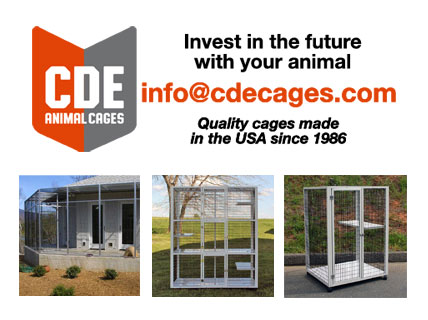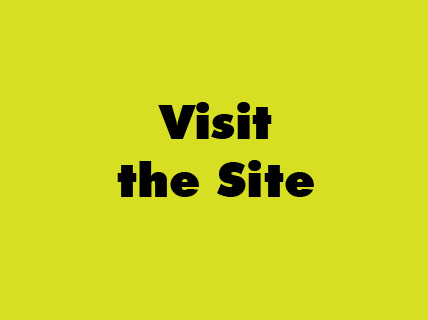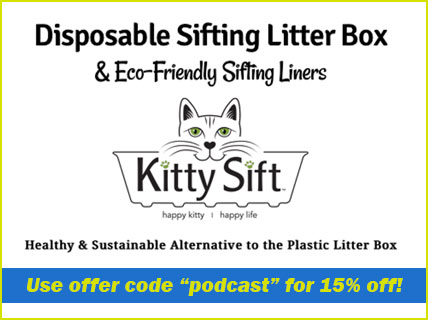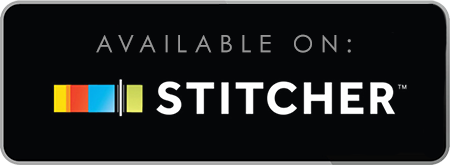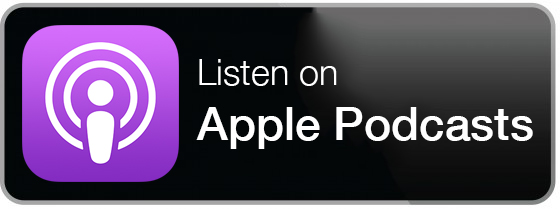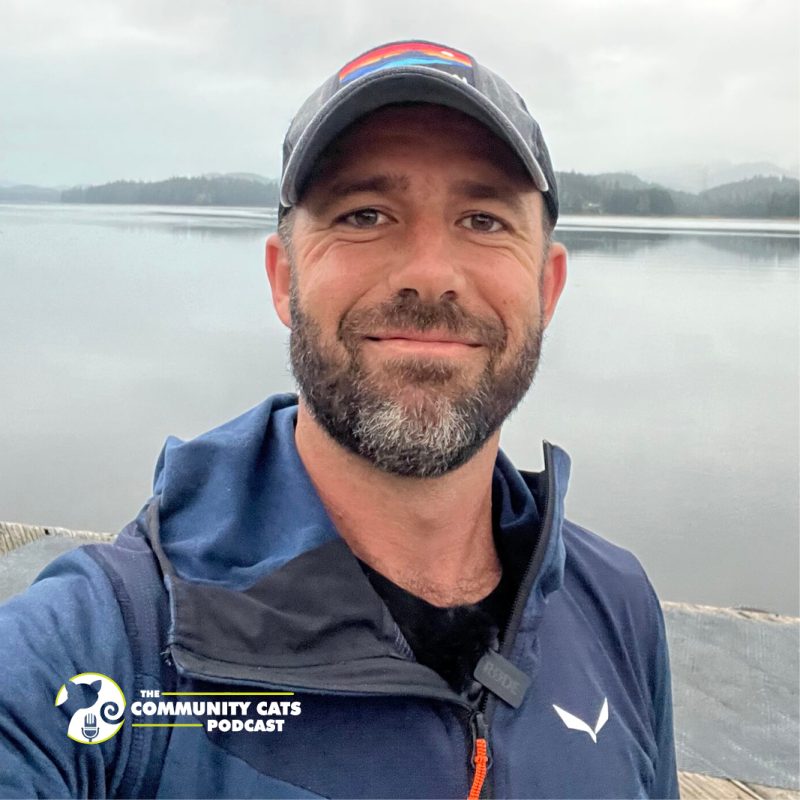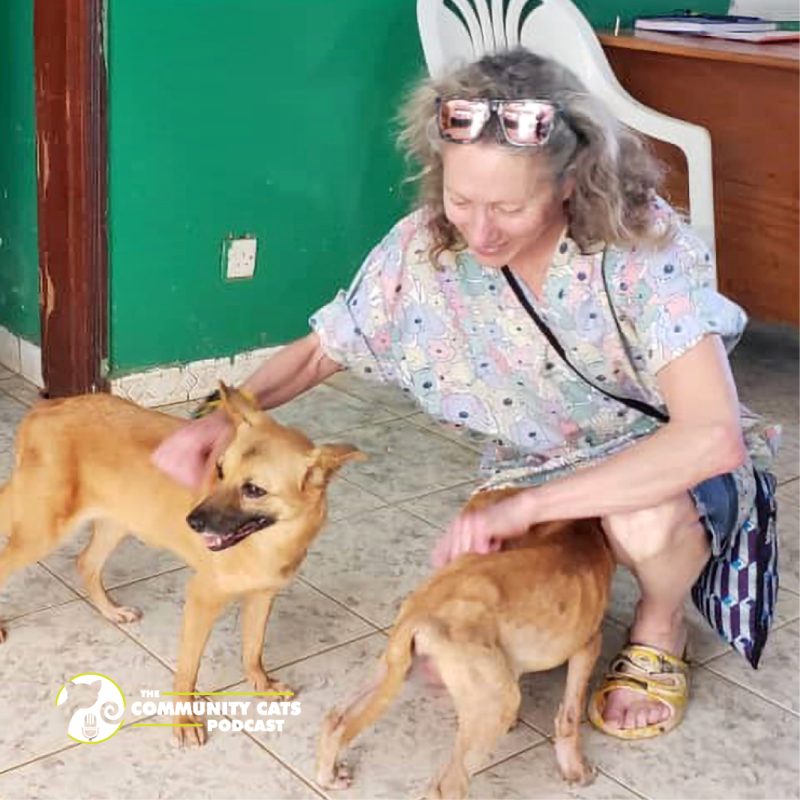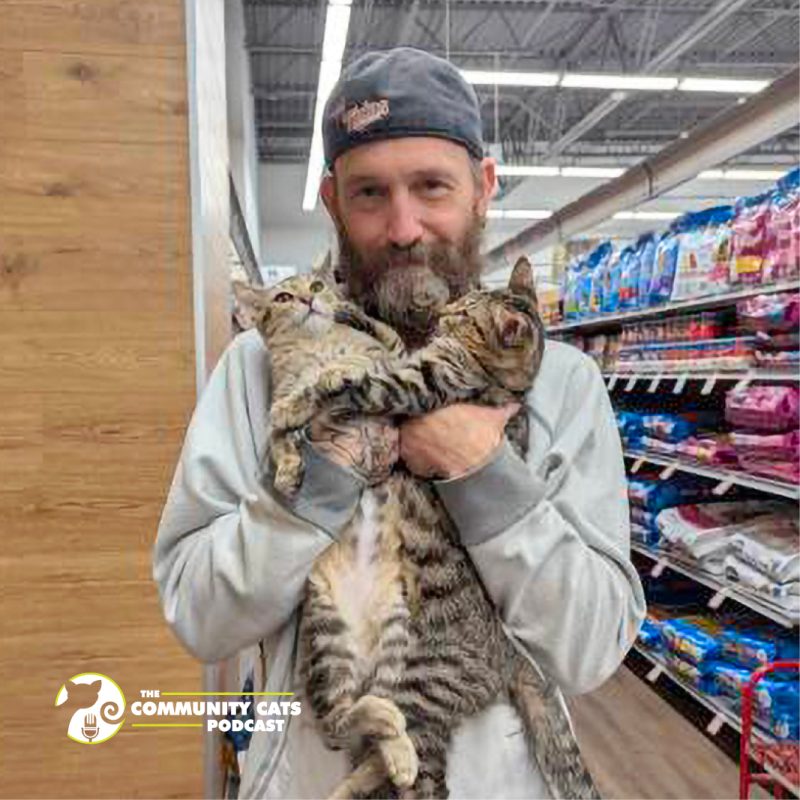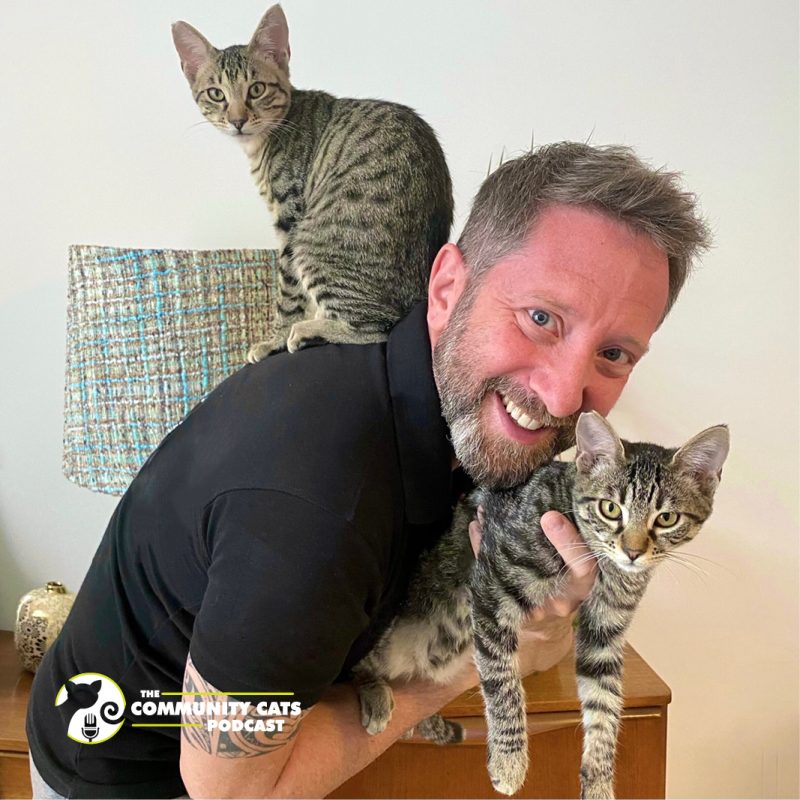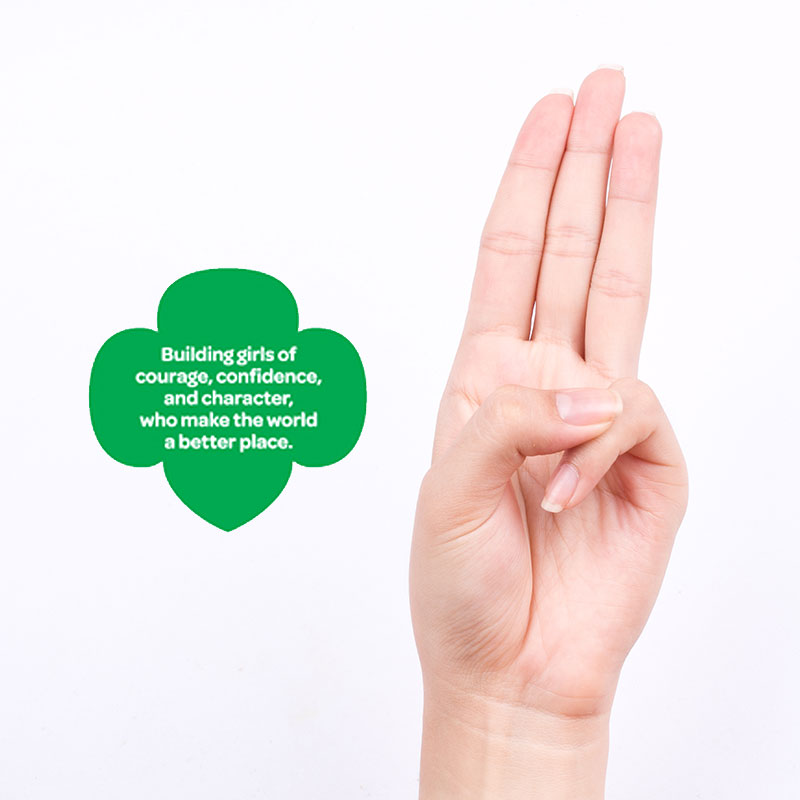
How to Get Girl Scouts More Involved with Animal Shelters—Whether You’re a Scout, a Troop Leader, or a Shelter
February 25, 2021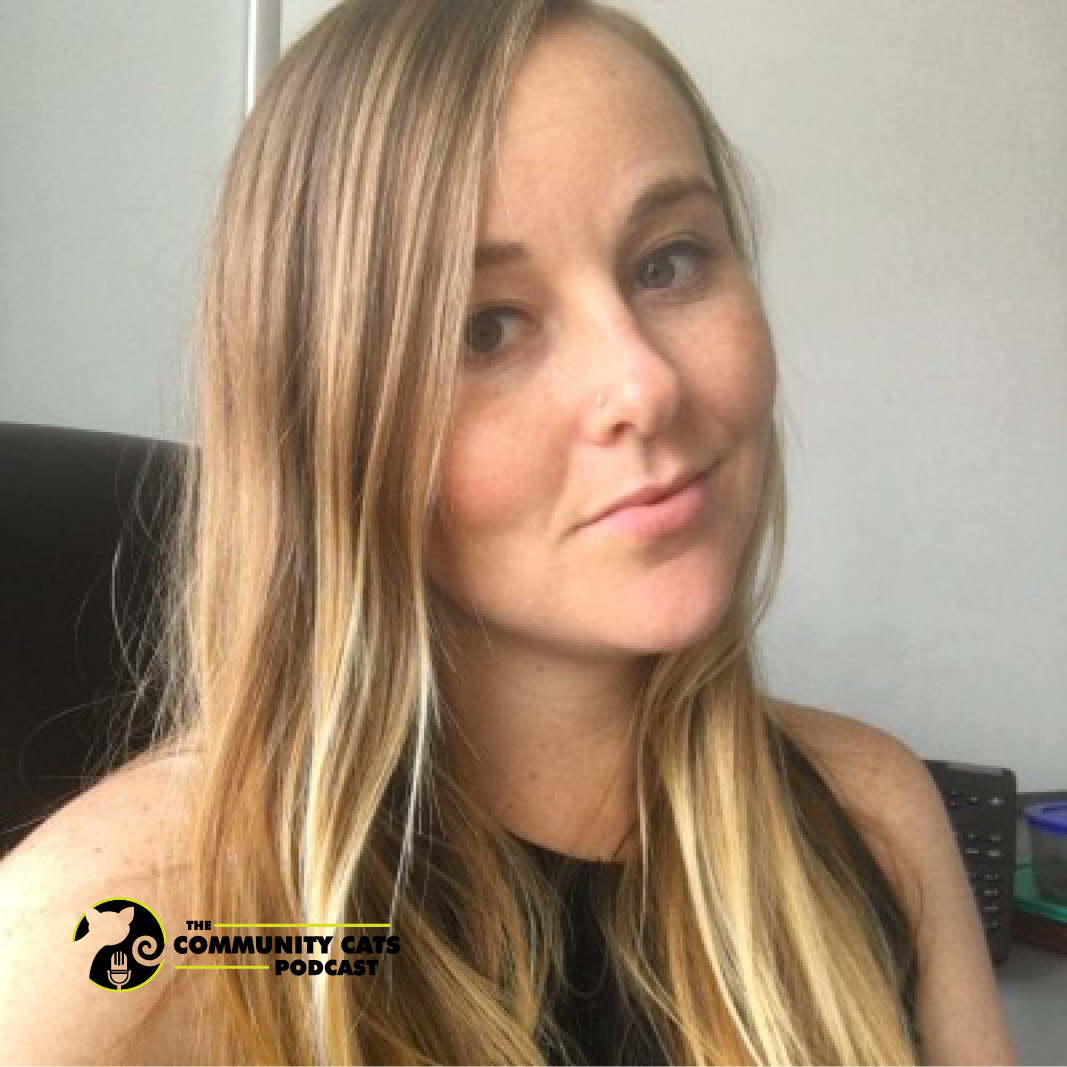
Bridget Bowhay – Director of Content and Social Media at Cuddly
March 9, 2021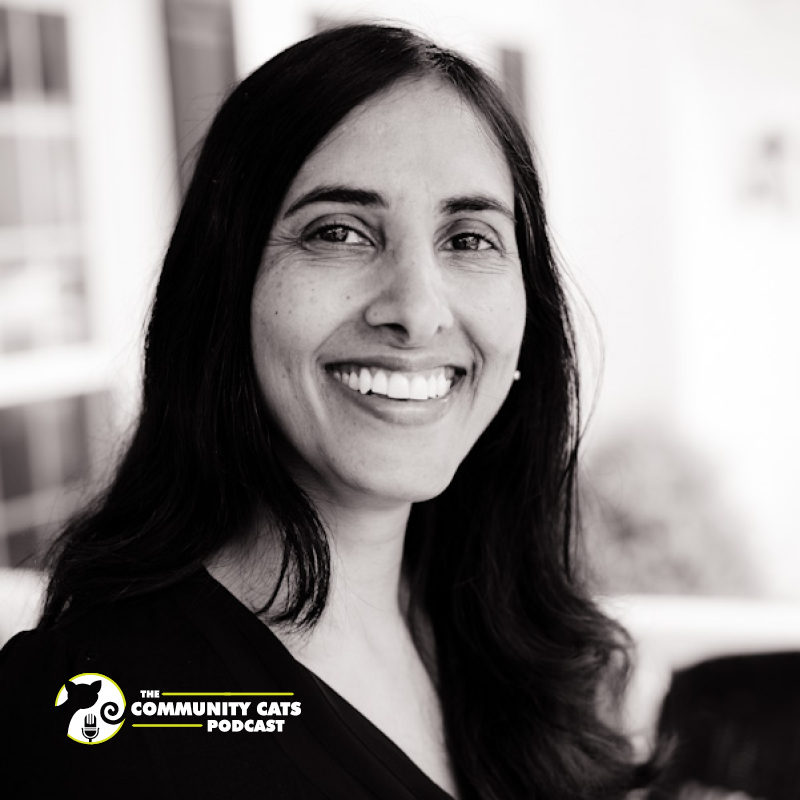
“I really use try to use my position as doctor and a public health specialist to advocate for the rights and protections for all other species on this planet, for all other animals”
Listen to Episode #393 Now
This episode is sponsored in part by KittySift and Doobert.com.
Aysha Akhtar, M.D., M.P.H., is a double-board certified neurologist and preventive medicine specialist, with a background in public health, and is a U.S veteran. For a decade, Dr. Akhtar was a Medical Officer at the Food and Drug Administration. Dr. Akhtar is a Fellow of the Oxford Centre for Animal Ethics. She is the author of the two books, Our Symphony With Animals. On Health, Empathy and Our Shared Destinies and Animals and Public Health, which argues for the need for health institutions to include animals as part of the “public” in public health. Dr. Akhtar is also the founder and CEO of the Center for Contemporary Sciences.
Stacy and Dr. Akhtar discuss the importance of empathy in our society and how stopping infectious diseases, halting climate change, improving medical care, and decreasing violent crime are all connected to our empathy for animals. Increasing empathy for all animals increases our own wellbeing, which means that caring for community cats is caring for the community as a whole, and that public health models that support animals as well as people are essential to healthy communities.
Dr. Akhtar also tells Stacy about her new nonprofit, founded in May of 2020, called the Center for Contemporary Sciences. The Center for Contemporary Sciences aims to end experimental testing on animals, and create a shift toward new testing methods based on human biology. Studies have found that 95% of drugs and vaccines safe and effective in animals fail in human trials. Dr. Akhtar believes the Center for Contemporary Sciences has the potential to help end cruelty to animals in the scientific setting, as well as give us a better understanding of the diseases that affect human biology.
To find out more head over to the Center of Contemporary Sciences website. If you’re interested in buying Dr. Akhtar’s books, you can find links on her website. We recently reviewed Dr. Akhtar’s book, Our Symphony With Animals, on our blog.
Read Episode #393 Now
Kristen Petrie [00:00:02]
You've tuned in to the Community Cats Podcast. Ready? Let's go.
Stacy LeBaron [00:00:13]
Welcome to the Community Cats Podcast. I am your host, Stacy LeBaron. I've been involved helping homeless cats for over 20 years with the Merrimack River Feline Rescue Society. The goal of this podcast is to expose you to amazing people who are improving the lives of cats. I hope these interviews will help you learn how you can turn your passion for cats into action. Today, we're speaking with. Dr. Aysha Akhtar. Aysha is a double board-certified neurologist and preventive medicine specialist with a background in public health. She's the CEO of the Center of Contemporary Sciences, which is pioneering the transition to replace the use of animals in experimentation with effective human based technologies. Aysha is the author of the recent book, Our Symphony with Animals: On Health, Empathy, and Our Shared Destinies, combining medicine, social sciences, and stories. Her book explores how deeply the well-being of humans and animals are entwined. She is also the author of Animals and Public Health, which argues for the need for medical health institutions to include animals as part of the public in public health. Doctor Akhtar is a fellow of the Oxford Centre of Animal Ethics. Previously she served as Deputy Director of the U.S. Army Traumatic Brain Injury Program and Commander in the U.S. Public Health Service Commissioned Corps. Dr. Akhtar has appeared in television shows and interviewed by national media. Aysha, welcome to the show.
Aysha Akhtar [00:01:41]
Thank you so much for having me on, Stacy.
Stacy [00:01:44]
So, before we dive into your incredible background and some of the work that you're doing today, let me know, you know, how did you become passionate about cats?
Aysha [00:01:52]
Well, initially, the first animal actually came to know was Sylvester, who is a dog. He was my grandmother's dog and my grandmother lived in the apartment building next door in our complex. And, so I was nine years old at the time and Sylvester really was more my dog than anyone else’s. I was with him every day. We were out exploring the woods all the time and I just absolutely adored Sylvester. And then when my family moved further away from my grandparents, eventually, I kept asking my parents, “So, you know, I want a dog. I want a dog. I want a dog.” As a compromise, my mom brought in a little stray kitten. She was a nurse at the hospital, and she worked with someone who used to rescue cats, and this little stray kitten needed a home. And so, we named her Pebbles and, my God, we all, not just me, but my entire family, we fell absolutely love with her. Then that led to another kitten that we adopted. Then that led to us going out and rescuing cats and fostering cats. And of course, we kept all the cats that no one else would take, all the rejects. At one point, we had 17 cats and we loved them so much. And so, it just grew into a real passion within my entire family, this love of cats.
Stacy [00:03:13]
It was funny, I was actually I was reading your book, Our Symphony with Animals, last night and reading through some of the stories. And I want to thank you so much for sharing the very personal stories that you did share in that book, but talking about that whole human-animal bond and the relationship. And I don't know if you want to talk about it in the context of your book or just sort of the human animal bond in general. And what do you think about that? What does that mean to you?
Aysha [00:03:39]
So, in the book, and thank you so much for that. For one thing, you know, the book was a bit hard to write about in some regards because I had to reveal some of my own personal history. And in the book, one of the themes explored was that emotional connection we can have with other animals, especially at times when we are most at need. So, it starts to giving a bit of a background about how my love for Sylvester ultimately helped me survive sexual abuse by an uncle. And it was really, really what turned things around was that Sylvester, I noticed was being abused by yet another uncle; he was being physically abused. And, ultimately it was my anger on his behalf and my compassion and my love for Sylvester that gave me the courage to speak out and end his abuse. And that led me to have the courage to speak out and my own abuse. So, with that background as a theme, basically, throughout the book, I really explore how our connections with other animals can be so healing in so many ways and how much they give us in return through those connections.
Stacy [00:04:53]
It's interesting, one of my taglines for the show is “to turn your passion for cats into action” and it sounds like, as a child, that is what happened to you really. As you just said, it was a series of different phases of discovery. Take me through your journey and, you know, how you went from where you were as a nine-year-old child, you know, to a certified neurologist and preventive medicine specialist. I mean, I think it seems like your family had you destined to become a medical doctor from day one practically, but yet you went into neurology, which is kind of interesting.
Aysha [00:05:29]
So, after knowing Sylvester the world of animals really opened up to me and I saw I just absolutely loved all animals. And so, as a child I also would rescue orphaned and injured birds and other animals and try to rehabilitate them. And of course, that desire to nurture and heal played a big role in who I later become in my career decision and I think it was always part of me. And so that's why my family kind of knew at a young age that I was going to one day become a doctor. And so, my desire to go into neurology actually was for a couple of reasons and one, well, at the time when I was going through my training, neurology was still very much a man's club and all boys club, no disrespect to any male listeners here. But so, that was a barrier I wanted to break and two, I was fascinated with neurological diseases. I was fascinated with the issues about the brain and what we know and most really what we don't know, which is a lot more. What we don't know about our way of how we think, how we feel, how we sense the world around us. And so that that just was an intellectually stimulating field for me on a personal level. But throughout my career as a doctor, one of the things that I really strive for is really showcasing how human health and well-being is very much connected with animal health and well-being. In other words, I really try to use my position as a doctor and a public health specialist to advocate for the rights and protections for all other species on this planet for all other animals because for nothing else, if people don't care about what we're doing to other animals for their sake, at least I can show how basically when we hurt animals, when we exploit them, it really does come back to negatively affect our well-being as well.
Stacy [00:07:36]
So, I'm going to bring this back into this community cat space. So, we obviously have quite a few listeners out there that are out there feeding colonies of cats. There are quite a few people taking care of cats in communities where they cannot afford to get those cats spayed and neutered or get them the medical treatment that they need. And therefore, they're really dependent on partnerships with nonprofits in the area that might be able to help subsidize some of that care or also they're just trying to figure out a way to foot the bill. I mean some of the trainings that I've done, over 60% of the people that are there learning how to trap community cats fully expect to have to pay to get that cat spayed or neutered. They're going to have to take on the obligation of paying for that service, as well as continuing to feed the cat and care for the cat, even though that cat does not come into their house. So, they feel this sense of partnership, obligation, care, possibly love, human emotion and attachment by being able to care for those cats and help support their well-being. It sounds like you're saying that's going to help the community in general.
Aysha [00:08:41]
Yeah, definitely. For one thing, I think, you know, I do believe that by helping those who are most vulnerable, who are least protected, we lift society as a whole. And if we really look hard and deep, we're going to see that animals are the most vulnerable, the least protected and so it does. It boosts the morality and the ethics, and the kindness, and compassion of our society as a whole and that has widespread effects. And there have been, lots of studies that actually show that empathy for animals is very much connected with empathy for each other. So when you're working to, when you're showcasing how to help animals, all animals, any animal in need, you’re also boosting that larger, empathetic connection with not only other animals, but also with humans and of course, you know, just for community cats, I think it's very important for people to see them as not just, I think a lot of people see a lot of stray cats as though they're doing okay, that they can survive out there in the streets, but we know, you and I and the listeners here know that that's not really the case and these are animals in need. I remember, there, when I was many years ago, I was interning, downtown Washington DC, and there was a one cold snowy day, or a cold day, and I was in front of the Air and Space Museum, one of my favorite museums, and I saw a woman frantically going through the trash can that was outside of the Air and Space Museum. The doors were just closing at the time and I thought she was looking for food for herself, and I had just bought myself a pack of fries, so I hadn't started yet in the fries and I offered her the fries. You know, she was obviously homeless. What surprised me was she turned down my french fries and what she told me was that she was looking for food to feed cats. So, it just it struck me that this was a woman who was homeless herself, who had practically nothing and yet she was spending her time and devoting her life to caring for a cat who arguably had even less than she did and that just reminds me of just what our potential, what the potential is for kindness in our species. It was just a very touching thing for me to see
Stacy [00:08:41]
Yeah, I've seen several instances of that and I've gotten involved since the coronavirus hit and I’ve gotten involved with a lot of food pantries and ensuring that human food pantries also are able to provide pet food because in so many cases when folks have pets or have animals that they care for they'll oftentimes use the food from the food pantry and feed it to the animals before they feed themselves. And so that if you can have food pet food there available, it's just solving, you know, a really big situation right there because you sometimes don't want, you know, the cats having the macaroni and cheese and that kind of thing. So, you know, it's important, that's their family to a certain degree. It's our family and part of our Wellness is about connection and culture.
--Start mid-roll advertising – [00:11:59]
Say goodbye to scooping. Say hello to a better litter box. Introducing Kitty Sift. The eco-friendly waterproof litter box, made of recycled cardboard, just lift sift and reuse. See it on Amazon or go to kittysift.com and use coupon code ‘Podcast’ for 15% off.
[00:12:19]
By now, you know how powerful the Doobert software platform is facilitating everything from transport to fostering with just a few clicks, but did you know that the team at Doobert Also provides consulting and custom software development for your organization's needs? The team at Doobert has extensive experience in website design, SEO strategies mobile application development, and even advanced capabilities involving integration to social media and text messaging. Big or small, the team at Doobert can do it all and because Doobert operates as a social enterprise, all of the revenue from their consulting services goes back into developing even more Innovative and life-saving solutions for animal rescues around the world. So, if you are planning to increase your digital presence online through a new website or some SEO strategies or if your organization is looking for an experienced web development team to support your operations, look no further than the team at Doobert. Reach out to Kris today at Chris@doobert.com, and he would be glad to discuss what you're trying to accomplish and how they can help.
[00:13:21]
Are you ready to be part of the solution for feral and stray cats in your neighborhood? If so, then make sure to sign up for our next to Neighborhood Cats TNR Certification Workshop. A new workshop is held online each month, generally on the first Saturday of the month but please check our website for exact dates. For just $10. expert instructors will teach you best practices for trap, neuter, and return, TNR. Learn what TNR is and why it works. We’ll cover getting along with neighbors, preparations for trapping, trapping itself, including entire colonies at once, feeding, providing winter shelter, and more. Take advantage of the interactive format, extensive handouts and video footage of actual projects. Attendees will receive a certificate of attendance and gain access to an ongoing Facebook Group for networking with other TNR activists. The two-and-a-half-hour Workshop. Is led by Susan Richmond, the Executive Director of Neighborhood Cats and Brian Kortis, Neighborhood Cats National Programs Director. To find out the date of the next workshop and sign up, just visit communitycatspodcast.com.
--End mid-roll advertising—
Stacy [00:14:25]
And you also talked about the emotions about how that animal-human bond can bring you out of despair and depression and those kinds of things. We do run into a lot of emotions in this animal welfare field with compassion fatigue, and there's a lot of stress that can go around worrying about the cats that are out there in the colonies or not being able to get access to some of the services that they need. You know, if we had a public health model that helped provide more support for our animal, you know, what do you think our world would be like?
Aysha [00:14:59]
Oh, God, that would be a dream. I think we'd be a much kinder world. I truly believe that. I truly believe that you can judge our society based on how we treat animals to paraphrase, Gandhi. And I do understand that compassion fatigue. I, when my family and I were involved with fostering and rescuing cats, it was emotionally hard. It was really emotionally hard. You did worry about the cats who you were not able to catch, the cats out on the streets in the cold, or who had feline leukemia or were battling distemper. And, so it's so important. I don't know how else to stress this but it is so important that you have a community, even if it's just one individual, a community of people who you can go to for emotional support just to, you know, a place where you can freely discuss the emotional burdens you may be feeling, because I do understand that. And I've been there myself.
Stacy [00:15:58]
Let's talk a little bit about the Center for Contemporary Sciences. This is a relatively new program. So if you can share a little bit about that, that would be great.
Aysha [00:16:04]
Sure. So, I'm so excited about this organization. We’re new organization, a new nonprofit organization. We just launched in May and I'm the president CEO of the organization. We're small right now, but our goal is to really expand. Basically, what we're trying to do is get animals out of experimental laboratories and the strategy is to really promote better science. So, we are predominantly a scientific organization and our goal is to help create a widespread shift away from using animals in experimentation, and instead towards using testing methods that are based on human biology. So, I worked at the Food and Drug Administration for a decade and one thing I can tell you is that there were so many times when such promising drugs, drugs that people thought, “Okay, this is going to be the drug that's going to help Alzheimer’s” or “This is going to be the drug for Parkinson's” or “This is going to be the drug, for to really, you know, help with one disease or another.” Yet I've seen them fail again and again and again. And in fact, about 95% of the drugs and vaccines that have gone through animal experiments, basically that have been found to be safe and effective in animals, end up failing when tried in humans, in human clinical trials. So that's a 95 percent failure rate, and that really showcases how using animals as models for humans is incredibly faulty. It's just an unreliable way of understanding what's happening in the human body. So, there's been a shift, really among scientists and a call for testing methods that are based on human biology. Not the biology of a rat or the biology of a cat or the biology of a dog or a monkey, but the biology of another human being. And, so we're really here to promote and increase the adoption and use and funding towards new testing methods that are based on human biology. So, ultimately, it's a win-win: it's a win for animals because an experimentation is incredibly cruel to animals and it's a win for humans because we with human based testing methods, we have the potential to far better, understand the diseases that affect us.
Stacy [00:18:29]
So, being a new organization, do you have any specific goals or objectives for the next year or two?
Aysha [00:18:35]
Our next goals and objectives is to really, we’d like to implement several programs. But one that we're working on is a series of scientific workshops that will really kind of create road maps to how to start implementing real change. Basically, how do we use these new tools that are coming out to really answer a lot of the questions that are very much unanswered in different disease categories. The other program we're implementing is an academic affairs program to help foster the next generation of scientists so that they can learn about these new testing methods. Personally, I've been contacted by many students who say they're being told they have to experiment on animals to get their PhDs and they don't want to and that's a real crime, because these are compassionate people who so many of them end up leaving the sciences because they're being forced to in one way or another to experiment on animals and these are the people we need in the sciences. So, we're also going to be working with academic institutions to create academic programs that train students in these new tools. These tools are what's going to take place. This is going to be the future in biomedical research. So, it's also to the benefit of the larger population of students to really train in what's going to be their future field.
Stacy [00:19:57]
If folks are interested in finding out more about the organization, is there a website?
Aysha [00:20:04]
Yep, we are www.contemporarysciences.org, or you can just Google Center for Contemporary Sciences.
Stacy [00:20:13]
That’s great. And then if folks are interested in finding out more about your book, how would they get that?
Aysha [00:20:19]
Well, the book is sold pretty much anywhere where books are sold and you can also go to my website. Just Google my name, Aysha Akhtar, and there is information about the book, there's a brief synopsis and some links. And if you're interested in buying the book
Stacy [00:20:34]
And the title of the book is Our Symphony with Animals: On Health, Empathy, and Our Shared Destinies. And, so folks can just look that up on Amazon and it's available via Kindle as well as regular paper book. So that's great. Last topic I want to touch on before we close is everyone just go back on this whole concept of public health and having animals be part of that. I know we talked about it a little bit but it seems to be a hot topic these days with regards to our world and in a coronavirus world and all that kind of thing. So, you know, what, do you see happening for our health as humans, as well as health for our animals? Are you seeing in your realm of interaction with folks, is there any interest in supporting our animals as well as supporting our residents, our citizens more than we already are?
Aysha [00:21:34]
The connection between, let's say, if we were to look at COVID-19. It's very likely to have stemmed from the wildlife trade. And I know many people point towards the wet markets, live markets where animals are killed or sold and killed in China as the ultimate culprit. However, it's the entire wildlife trade that's a culprit in COVID-19. And some public Health researchers have been showing this connection for a long time. We know that 3/4 of emerging infectious diseases are coming from other animals, but it's not the animal’s fault, it's how we are exploiting other animals for our uses that is causing this increase in emerging infectious diseases. So, there's a strong connection between how we treat other animals in the wildlife trade and our risk for infectious diseases, but it's not just a wildlife trade, it also is factory farming. So, if we look at factory farming, where animals are just horribly, horribly treated, I can almost guarantee that the next pandemic is going to come from factory farm. We're likely going to get a form of an avian or swine influenza that could be far deadlier than what we're facing today. There have been many forms of swine and bird flus that have come out sporadically that happened far more lethal than the coronavirus is today, but fortunately for us, they haven't yet had the ability to spread far among humans, but it's just a matter of time before the virus, has that ability. If we want to stop these infectious disease risk, if we want to protect ourselves, if we want to stop climate change, which is very much linked with factory farming as well, if we want to improve our medical research, if we want to decrease violence against other humans, we have to always look at how each and every one of those issues is also connected with how we treat other animals. So, you know, it might sound a bit pollyannish to say this, but basically what's good for animals is what's good for us. When we treat animals, and I'm talking about all animals, when we treat animals with respect with dignity with kindness, when we see them as the sentient beings that they are, we will also benefit. So, I'm really hoping that at least for the coronavirus, more and more people have woken up to this link in how we treat other animals and how that comes to impact our own well-being. It's not as widespread of a recognition yet because, unfortunately, most people don't want to think about these connections, but I am hoping and I am starting to see some, some good news, that more people are becoming aware of how our well-being is so tied, with how we treat other animals.
Stacy [00:24:26]
Aysha, that's great. Thank you so much for sharing. Before we go, I just would like to do a shout-out. Do you have any cats right now?
Aysha [00:24:33]
Yes, I have two cats, two sisters Thumbelina and Nessie. We, my husband and I adopted them three months ago. Our former cat. Our baby Silos he died about a year and a half ago and it took us a while to be emotionally ready to adopt again. Although, we knew we would and Thumbelina and Nessie have just taken over our lives. We just absolutely love, love, love these two girls.
Stacy [00:25:01]
Aysha, I want to thank you so much for agreeing to be a guest on my show, and I hope we'll have you on again in the future.
Aysha [00:25:06]
Thank you so much again for having me on the show, Stacy.
Stacy [00:25:11]
That's it for this week. Please head over to Apple podcasts and leave a review. We love to hear what you think and a five-star review really helps others find the show. You can also join the conversation with listeners, cat caretakers, and me on Facebook and Instagram, and don't forget to hit follow or subscribe on Spotify, Apple Podcast, Google Podcast, YouTube, Stitcher, or wherever you listen to podcasts, so you don't miss a single show. Thanks for listening, and thank you for everything that you do to help create a safe and healthy world for cats.

